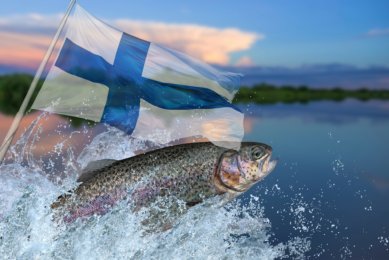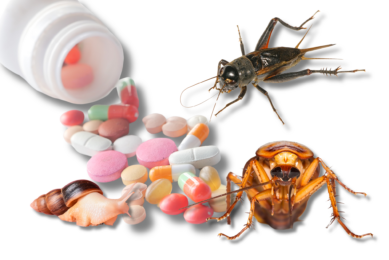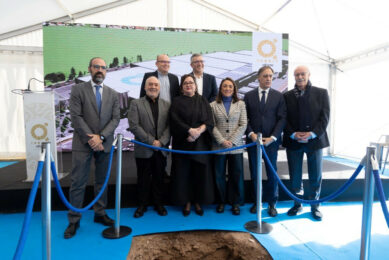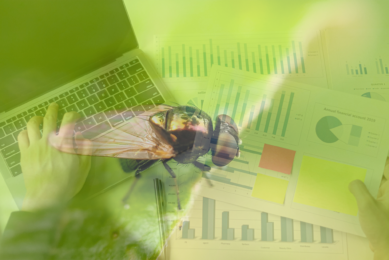Meal worms and algae tested at Feed Design Lab
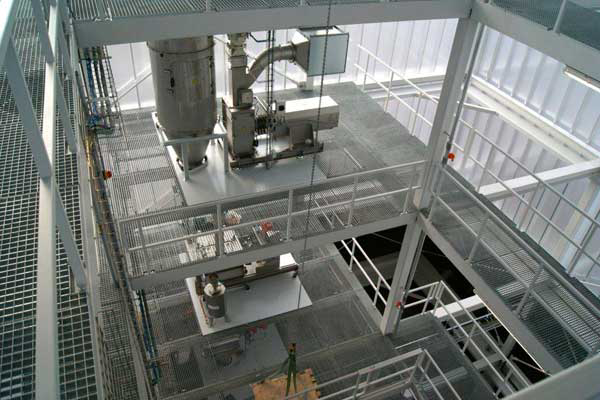
The Feed Design Lab, which recently opened its doors in Wanssum, the Netherlands will be the hot spot to find out how new ingredients for animal diets can be processed better.
By Emmy Koeleman
The Feed Design Lab (FDL) is an independent innovation centre and aims to be the number one test facility and training centre in the coming years. It first opened its doors last March and the first research projects are about to get started, says Trudy van Megen, director at FDL. ”We’re doing a pilot project with soybeans in which we will process the whole bean to animal feed. Up until now, feed plants only processed the soy meal, without the oil content. In the production process the oil is then added again. We think this is not efficient and we want to test if this can be done in a different way. It is a little pilot project we are doing with locally grown soy beans”. A second project involves the application of meal worms in feed for laying hens and broilers. There is growing global interest in the use of insects as an alternative source of protein in animal feed. Another advantage is that insects can be reared successfully and quickly on a range of organic waste materials, such as vegetable, domestic and organic waste. But there is still lack of knowledge in how to process them for example. FDL wants to gain knowledge on the processing, transportation and storage of feed with insects in them. ”We will also look at the application and processing of algae and duckweed in feed,” explains Van Megen. FDL also gets a lot of questions about training possibilities. Van Megen: “A Japanese company for example has bought feed equipment from a Dutch company and wants to train its staff to work with these machines. Compound feed companies for example ask us to test the possibilities of using a new additive in the grinding / mixing line”.
Different phases
The project has been a long road. “There was a great plan, but in terms of funding and scope, a little too ambitious. Last year, we adapted the plan and decided to implement the plan in different phases. The first phase required an investment of 2.5 million euros which has now been realised with a subsidy from the government and a loan from the province we are based in,” explains Van Megen. Three quarters of the investment has been made by the companies involved in FDL and now FDL is officially opened, more companies want to become a partner. Van Megen wants to now quickly move on to the next phase, which requires an investment of a further two million euros. “We will be testing the inclusion of wet algae and residual fruits and vegetables in the current phase, If this looks promising, we need the second phase to fine tune equipment, automation and to look at new equipment” she says.
Many partners involved
A lot of companies within the feed industry are part of FDL. “There is a group of initiators that were part of our plans from the beginning: DSM, Dinnissen, Imtech, Vitelia and agricultural college HAS Den Bosch. Investing parties include Boerenbond Belgie, Nuscience, CPM, Rabobank Horst/Venra, Adifo and Tebodin. We also have good contact with companies that provide us an annual contribution,” concludes Van Megen.
[Source: AllAboutFeed magazine Vol 22 nr 4, 2014]




